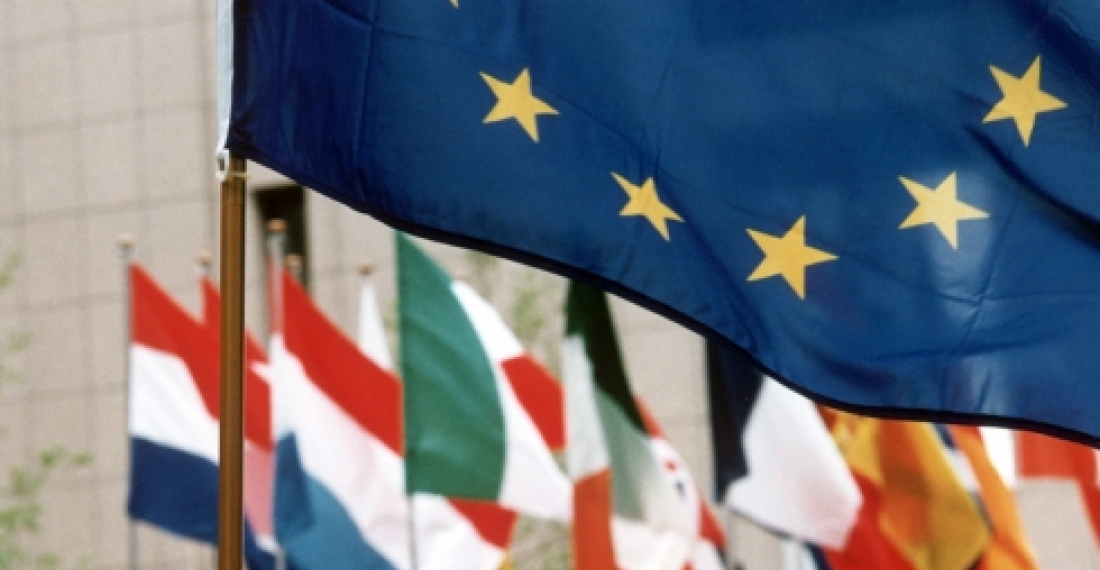The European Policy Centre in Brussels on 8 December hosted a round table meeting on the theme "The EU's role in the South Caucasus". Ambassador Philippe Lefort, the recently appointed EU Special Representatrive to the South Caucasus was the keynote speaker. Other speakers were the European Parliament Rapporteur on the South Caucasus Evgeni Kirilov and the Director of LINKS, Dennis Sammut. The meeting was chaired by EPC Senior Analyst Amanda Paul.
The three speakers reflected on the work that has been done by the European Union with the region over the last two decades and all agreed that there had been considerable progress in developing the relationship with the three countries bilaterally. The issue of the unresolved conflicts is however a matter of great concern to the European Union. Both Mr Kirilov and Mr Sammut spoke in favour of a more robust engagement with the region and for the European Union to put across its expectations from the governments of the three countries more forcefully.
Ambassador Lefort described the Karabakh conflict as a fire that is still burning and said that the internal dynamic is not conducive to a settlement since both Armenia and Azerbaijan still see an alternative to compromise. The European Union saw its role at this point that of supporting confidence building measures, though there was an understanding that once a breakthrough has been achieved a much larger forum than the current Minsk Process will be necessary to put into practise whatever has been agreed.
Speaking about the impact of the EU on the region Ambassador Lefort said that the three governments must not see the European Union only as a mechanism for visa facilitation and trade, and that the EU stood for values and principles that the three countries need to take into account.
source: commonspace.eu







